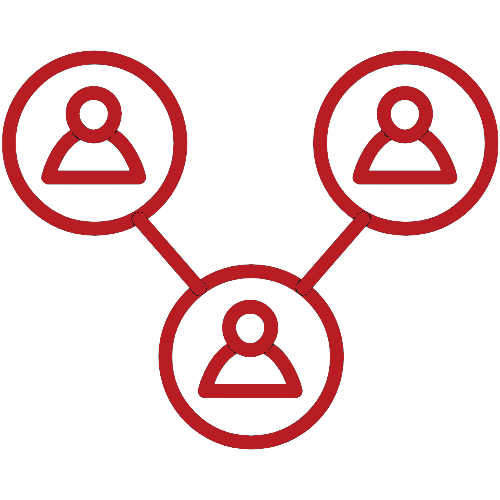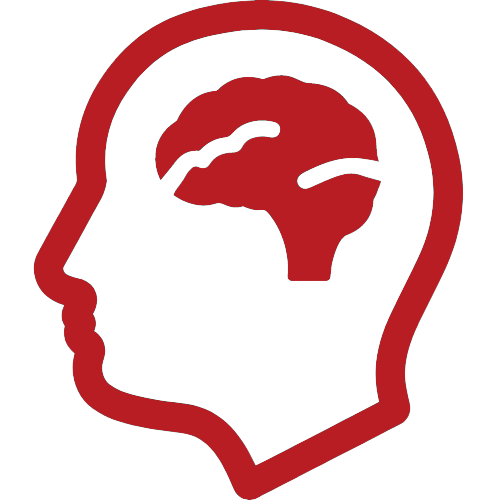The Post Graduate in early childhood care and education shapes teachers who are in the outlook for a global career in an early learning setting – a preschool, high school or even in a home-schooling set up. From discussions on international structural educational frameworks to helping teachers incorporate it in practical workplace, this course and its vast and effective syllabus has it all.
The National ECCE Curriculum Framework comprises of broadly three sections.
- Section I -consists of introduction, vision for an Indian child, rationale and theoretical foundation for ECCE. The objectives of early childhood education; pedagogical bases and principles of early learning are laid out.
- Section II -comprises of details of the goals for different domains of development, i.e. physical, language, cognitive, socio-emotional and creative and aesthetic appreciation, to be fostered to ensure holistic development of children under six years. It comprises of suggested developmentally appropriate practices for different age groups.
- Section III -focuses on implementation details such as principles of programme planning, stages of programme planning, role of parents and caregivers/ECCE teachers, essential play materials and assessment procedure etc.
Keeping these guidelines in mind, the post graduate course covers the following topics in depth in a course than spans 15 months.
- Objectives and Principles of ECCE
- Early Years Development
- Developmentally Appropriate Practices - Early Years
- Transition from Early Years
- Learning Theories
- Early Learning Environment
- Early Learning Planning
- Importance of Play
- Pedagogical Techniques and Strategies
- Assessment in Early Years
- Advanced Child Psychology
- Early Childhood Curriculum Development
- Integration of Children with Special needs
- Sociology
- Exposure to Technology in Early Childhood
- Environmental Sciences (EVS)
- Basics of Lesson Planning
- Literacy and Numeracy in Early Childhood







